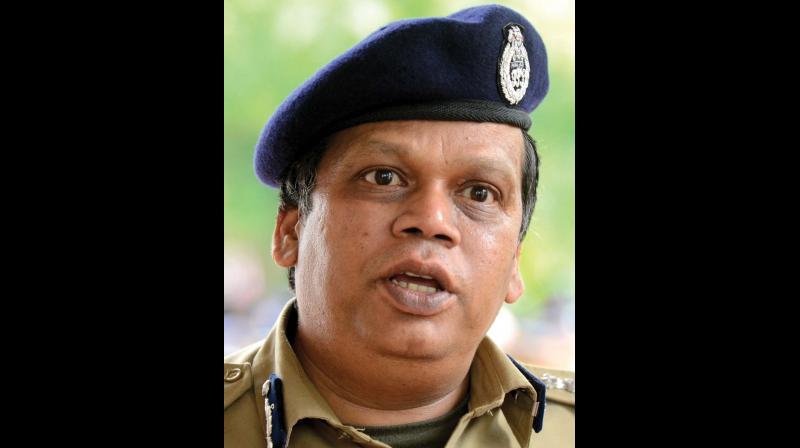Arrested, Kerala police reforms
Measures prescribed by ex-SPCs to end interference remain on paper.

THIRUVANANTHAPURAM: While the Varappuzha custodial death has once again triggered further discussions over undue pressures on police and lock-up tortures, a host of measures initiated over the last several years to curb these occurences have remained on paper. Setting up of centralised lock-up facilities in all districts, recording undue pressure from politicians or higher-ups and putting on record the reasons for premature transfer of police officers were some of the measures prescribed over the years by former state police chiefs.
It was in 2010 that then Director General of Police Jacob Punnose ordered setting up of a Central Custodial Facility aimed at keeping all persons in police custody in a district at one central lock-up room with adequate security and surveillance. It was also decided to pilot the system in Thiruvananthapuram, Kochi and Kozhikode cities and Kottayam district. One police station each in these districts were also identified for the facility - Poojappura, Kalamasserry, Kozhikode Town and Manarcaud respectively.
But the DGP’s directive remained a non-starter as police officials cited practical difficulties owing to logistical limitations. “Shifting persons in lock-up rooms of a police station at night obviously requires manpower and vehicles. Already the police stations are reeling under acute manpower shortage. Hence the directive remained on paper,” said a police official.
With local police officials often complaining of undue pressures, especially from politicians and higher-ups, former State Police Chief T. P. Senkumar had directed police officials to record any undue pressures on them by politicians and police officials. This directive later turned out to be a blessing for him as a local police official recorded the pressure being put by a senior official to register a case against Senkumar on a flimsy petition after the latter retired from service.
“Police officials are not bound to take any directive by any local politicians, even if he or she is an elected representative. However, this principle will remain on paper unless the government ensures that the transfer norms of police are not politicised. It is the fear of undue transfers that lead to police officials often submitting to political influences,” said an IPS officer. It was in a bid to curb this politically motivated transfer that Mr. Senkumar issued a circular last year insisting that the reasons for shifting a police official from a post before the completion of the prescribed tenure should be put on record by mentioning it on the order.
The circular issued by Mr. Senkumar during his last days as SPC in June last year revealed that during 2014 and 2015 about 1,000 officials were transferred flouting prescribed tenure norms. He had also said that such transfers by succumbing to pressures affect the morale of police. The Kerala Police Act prescribed fixed tenure for police officers. Police officers from the rank of State Police Chief till station house officers should have a minimum tenure of two years. The police manual says that sub-inspectors, senior civil police officers and civil police officers should have a minimum tenure of three years.

